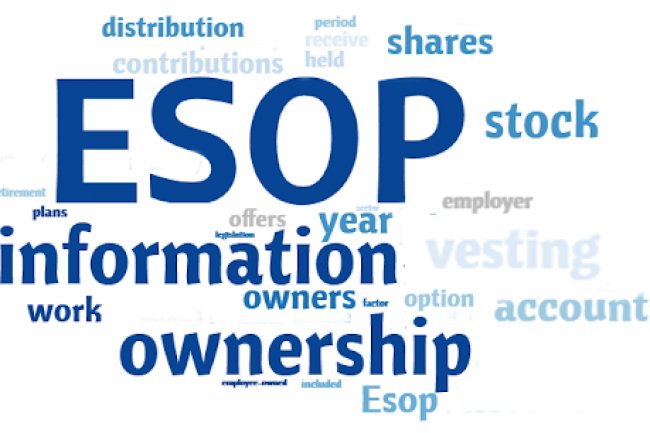Being a Successful Entrepreneur Isn’t Only About Having the Best Ideas

Being a Successful Entrepreneur Isn’t Only About Having the Best Ideas
Most people believe that getting that best idea is about becoming an entrepreneur. And that's it. You need to have the best idea that works to start something new: something people need, something they will like, and most importantly, something that is scalable, at least for the individual's pitch to investors in your best idea.
But what I have learned from interviewing many successful entrepreneurs focused on consultancy, internet and software creation is that you are doomed to fail without the ability to implement an idea-to take an idea and turn it into a living, breathing, viable company. And this is a terrifying notion for many successful entrepreneurs who are thinkers, rather than doers.
For instance, a software company owner told me about how nervous he felt about selling to customers. He enjoyed designing the product, and he also enjoyed talking to potential buyers about the product, because he genuinely believed in it. But when the time to ask" came, he would freeze. He would slip, bumble, and just not even ask for a sale in certain situations. Due to his introverted and reserved disposition, the CEO of a small consulting firm I spoke with lamented how difficult it was for him to spread the word about his business at conferences and networking events. And a start-up internet company's CEO strongly believed in his company's goal, but failed morally when pitching prospective workers on the "dream" without exposing the full reality: they would not have enough cash flow to make it through the month.
How can idea-oriented entrepreneurs become doers and learn to raise capital, pitch to investors, recruit, and fire employees, especially when they are pushed beyond their personal and professional comfort zones?
The first step is to truly understand the obstacles and own up to them. None of us wants to accept our shortcomings and defects, so we have to change. Each of the successful entrepreneurs I interacted with eventually realized the significance of these important yet challenging tasks and that in many instances, to the detriment of their company, they were items they had been ignoring or procrastinating about.
The next crucial move is to accept your objective and purpose because that will provide you with the inspiration and confidence to take the required leap. For instance, Maran Nelson, CEO of Clara Labs, said this about the power of conviction in acting as a CEO outside of her comfort zone, particularly when fundraising: "The most important thing I've learned about fundraising is just believing in what you're doing really fundamentally." To know that it's fine. You have to know that what you do is good and that in the world it must happen." Deep down, the conviction is the feeling that what you do and even struggle with is worth it when acting outside your comfort zone." That the suffering is worth the benefit. And given the inherent difficulty several activities present to budding entrepreneurs, getting this conviction is a vital part of the puzzle.
Finally, the last piece of advice I learned from talking to entrepreneurs is that finding your own path is crucial. Much as there is no one-size-fits-all solution to being an entrepreneur, there is also no one-size-fits-all approach to learning to behave outside the comfort zone. For instance, if you need to pitch to investors but hate asking for cash, write down your message's first few sentences, or bring with you a colleague who makes you feel more secure or can help with your pitch. Or remember your goal before entering the venue, so have top-of-mind intent, which can make it easier to pitch. Whatever it is you can find your own way to manage these moments that are important but difficult. Without losing themselves in the process, the entrepreneurs I spoke with who were effective in working beyond their comfort zones were able to find simple ways like these to be productive.
Many individuals ultimately associate entrepreneurship with ideas. But for many, true entrepreneurship exists internally, with the process of stepping up, getting confidence, and doing something you never thought you might do. You'll be well on your way to achieving your objectives by flexing your actions and learning to behave beyond your comfort zone.
What's Your Reaction?




















